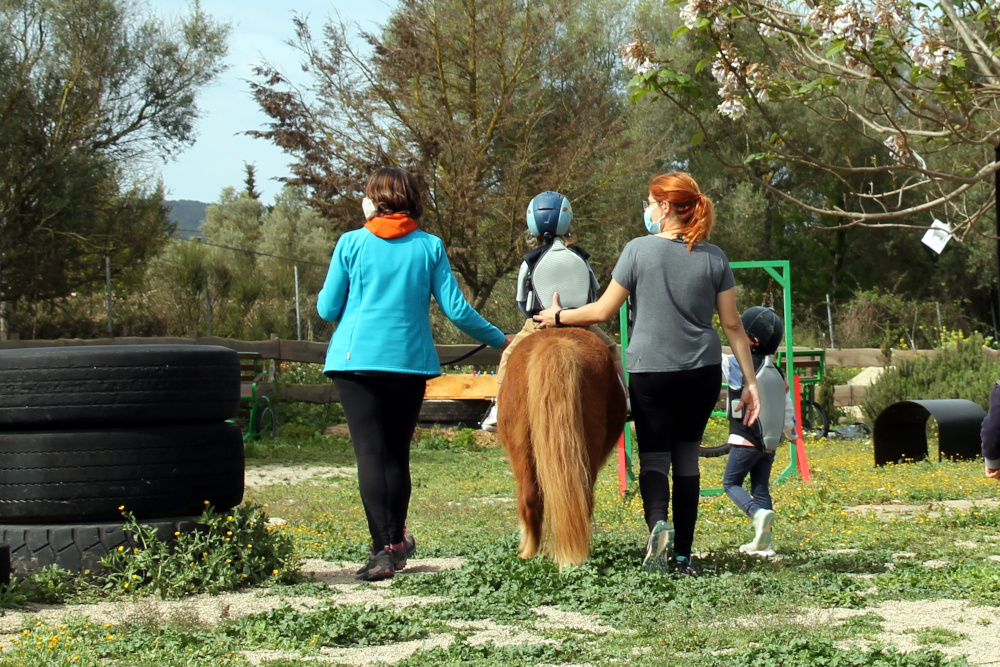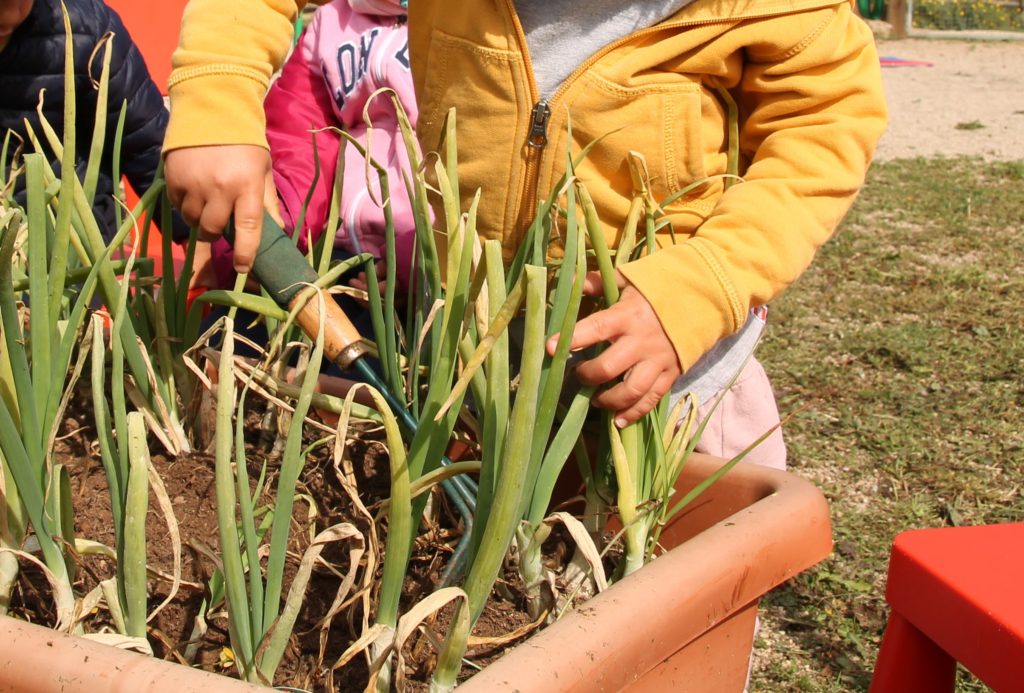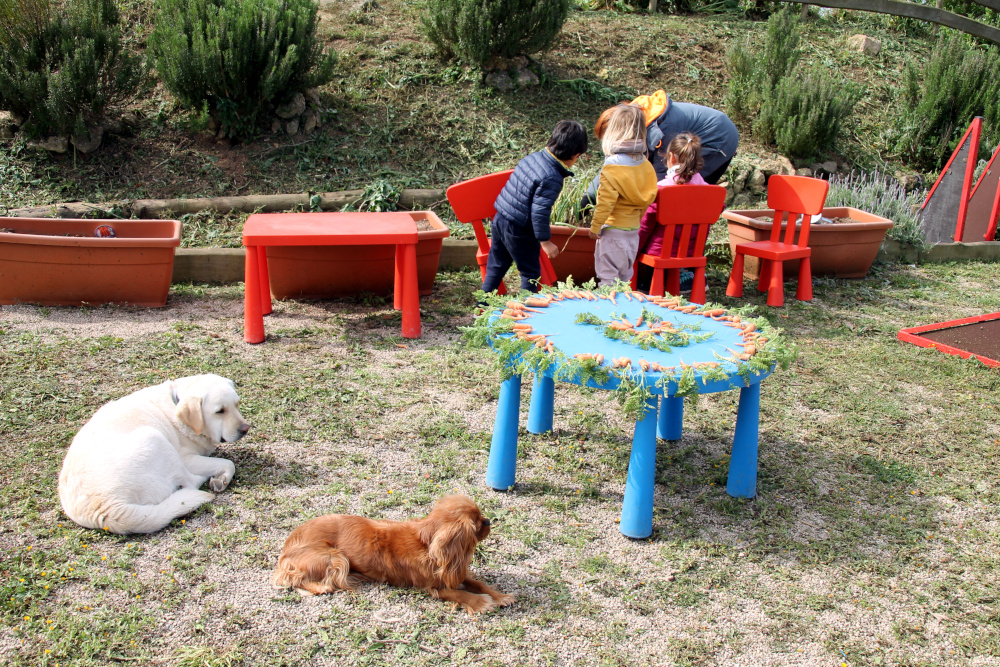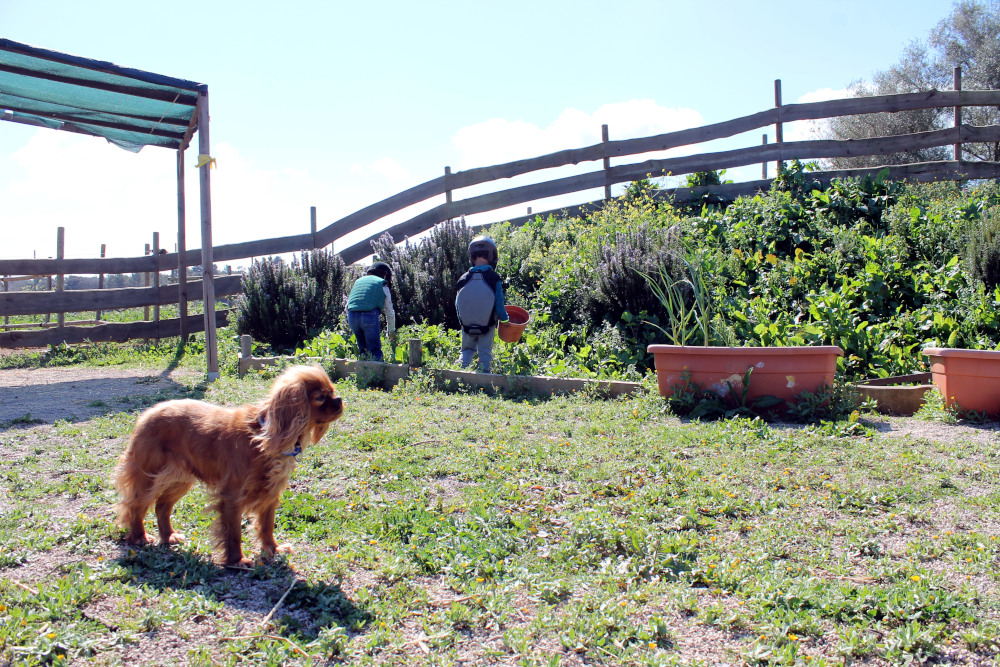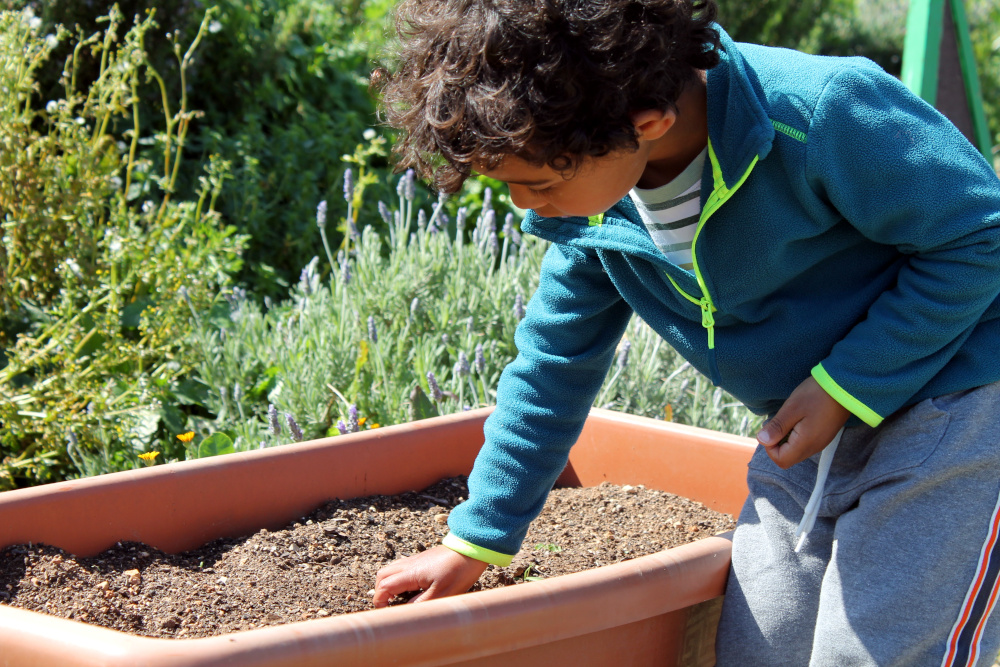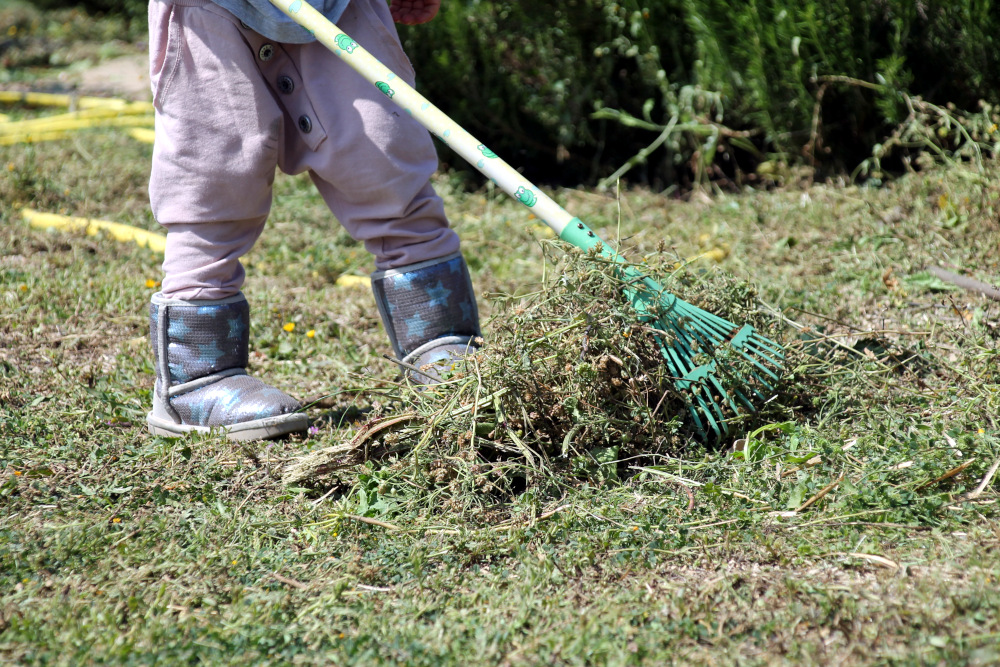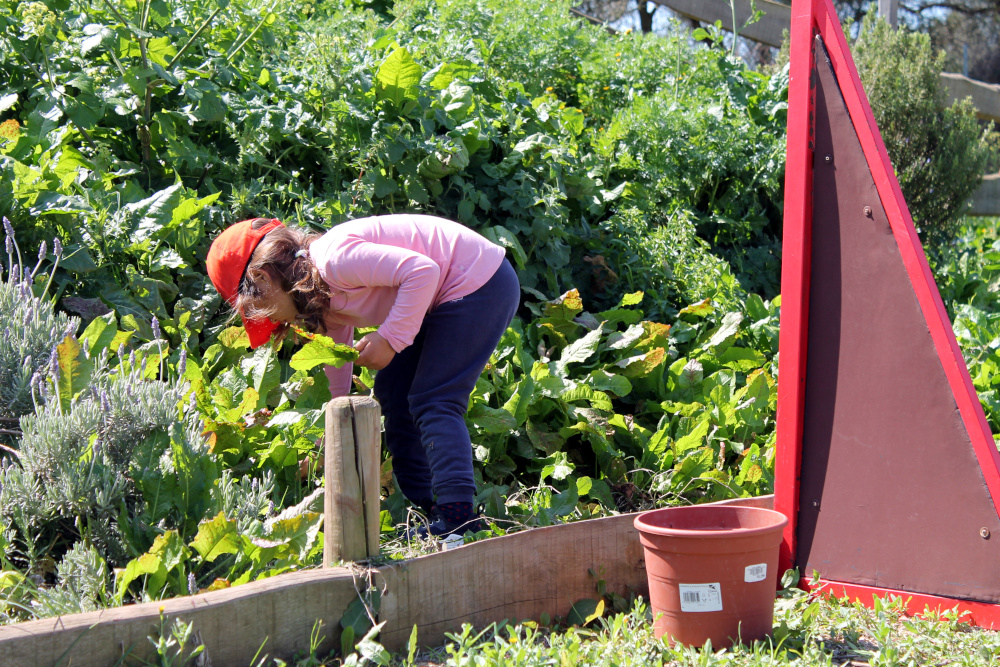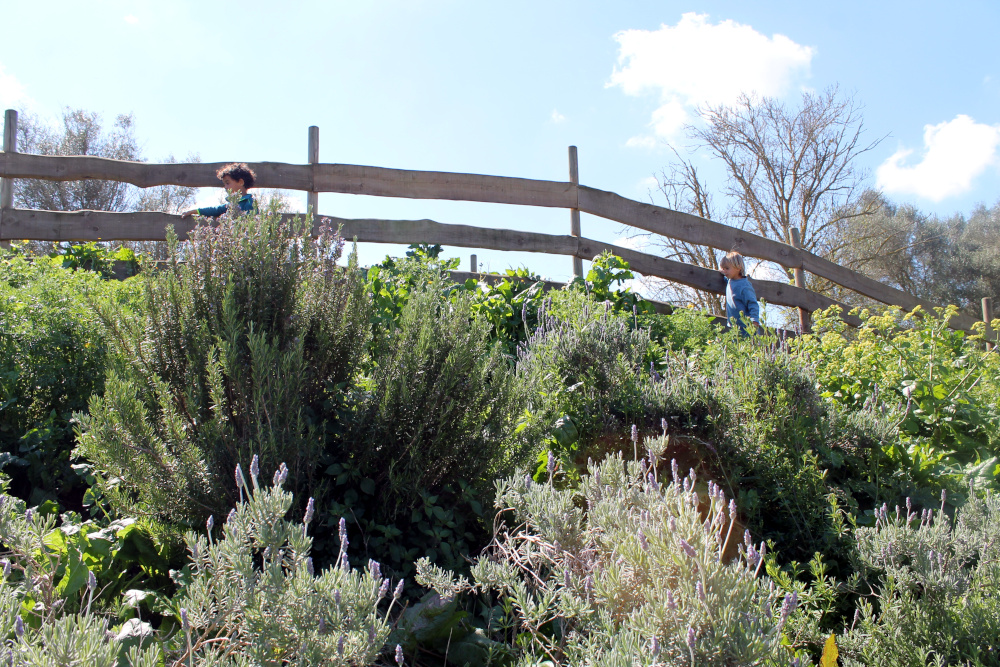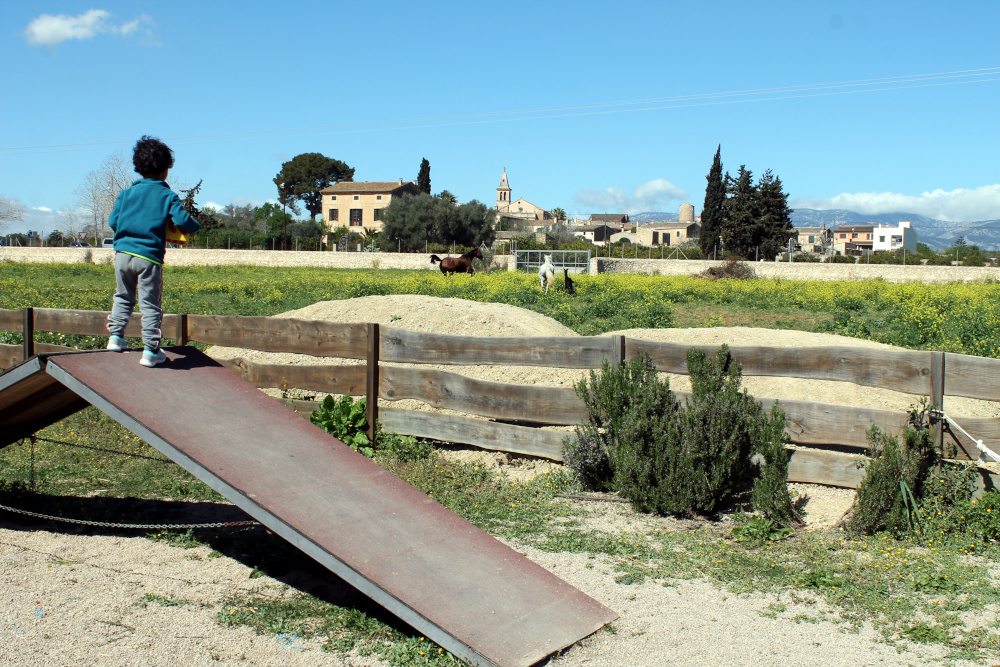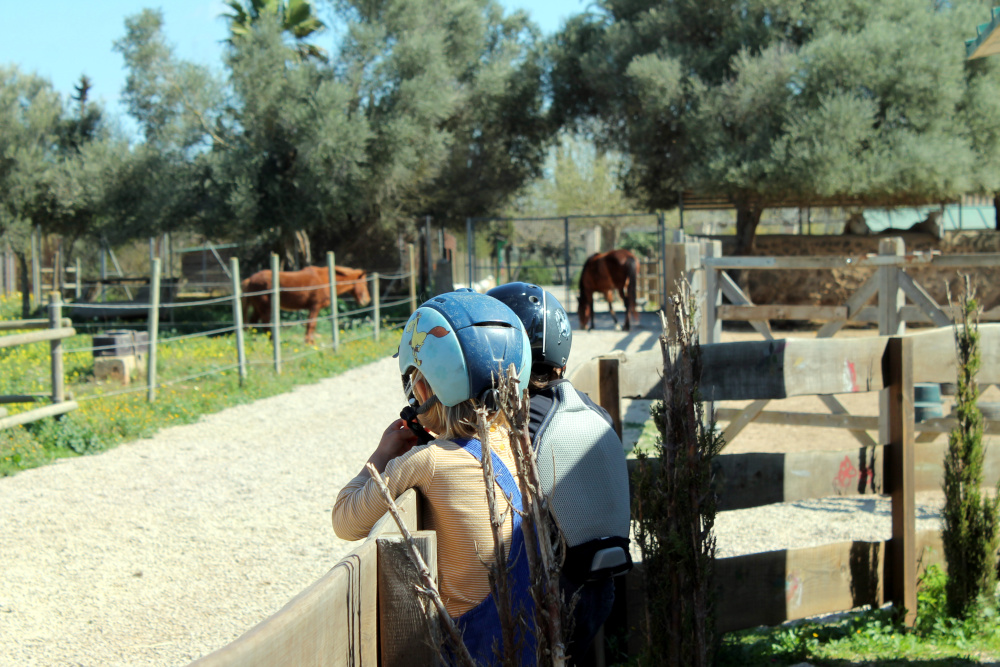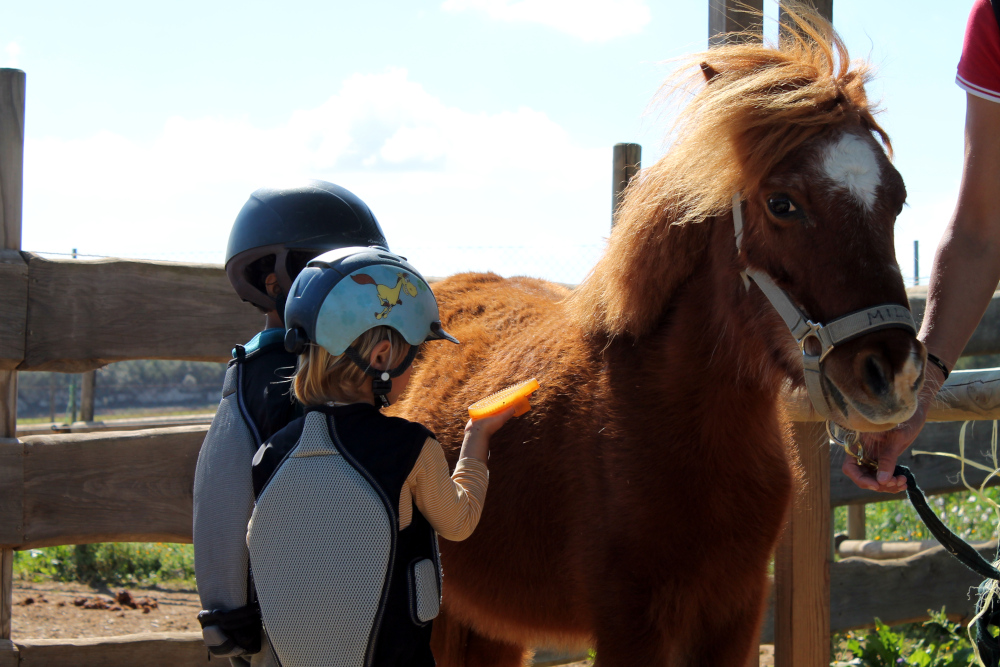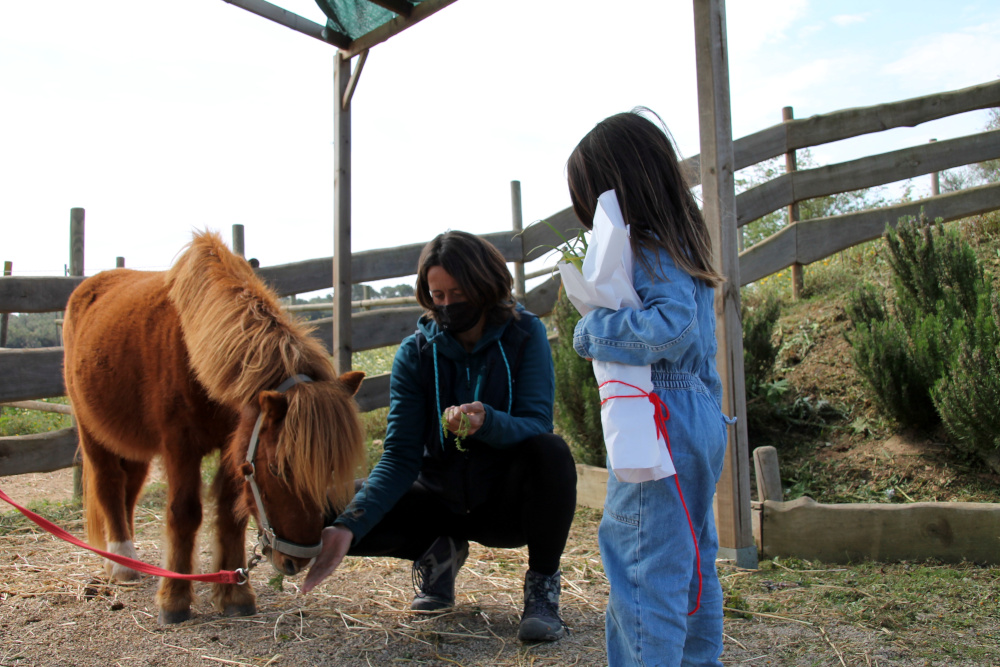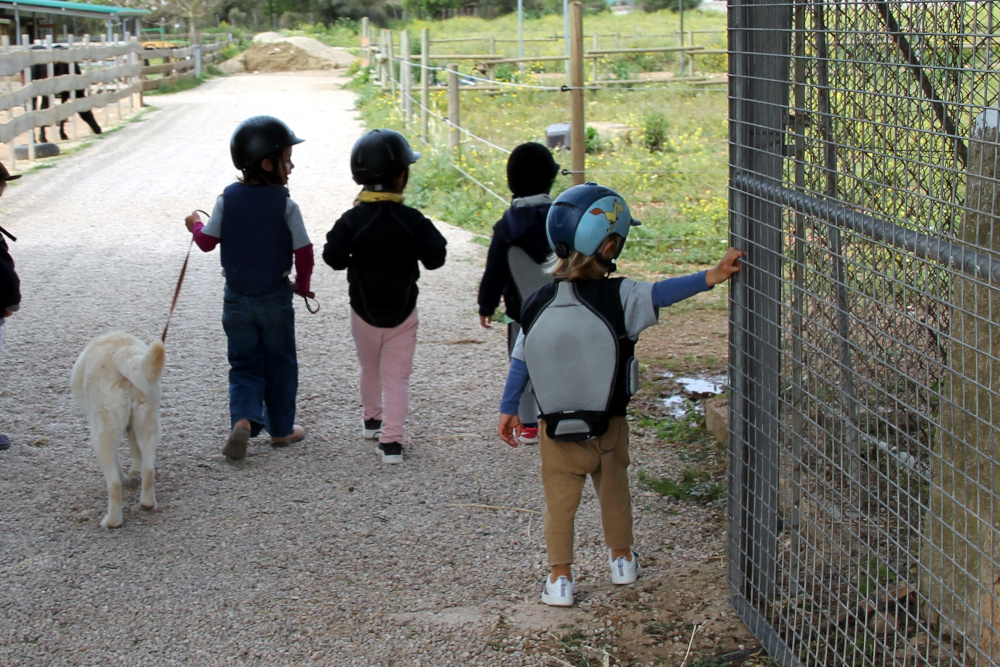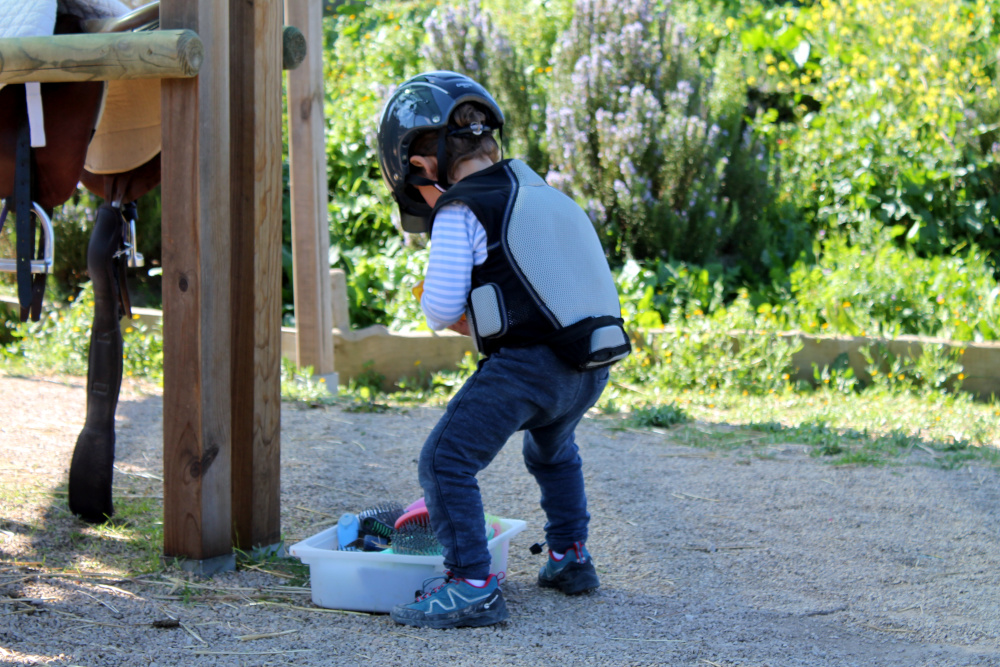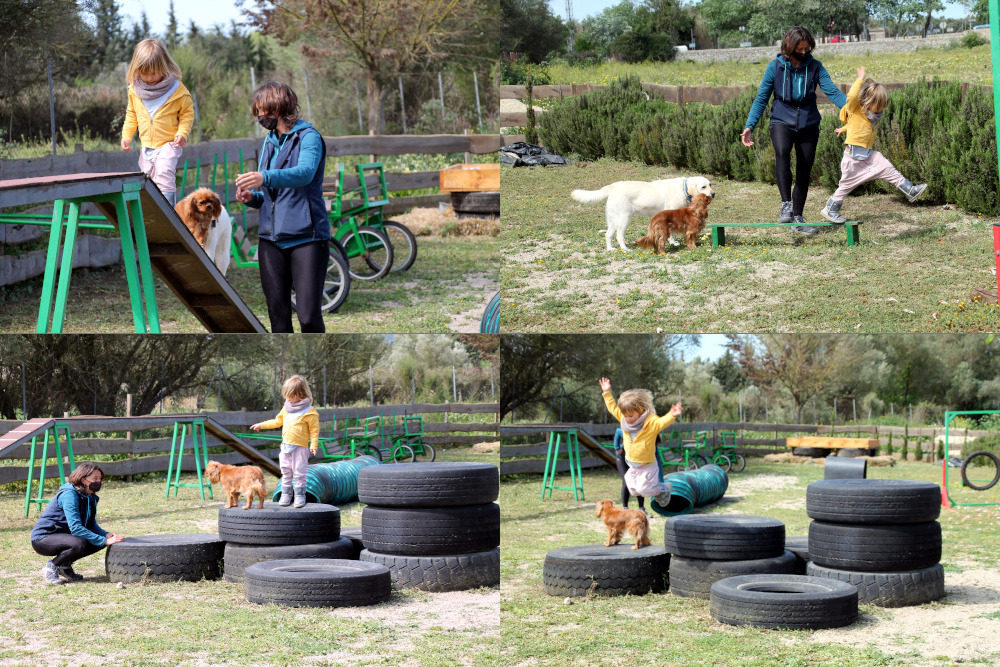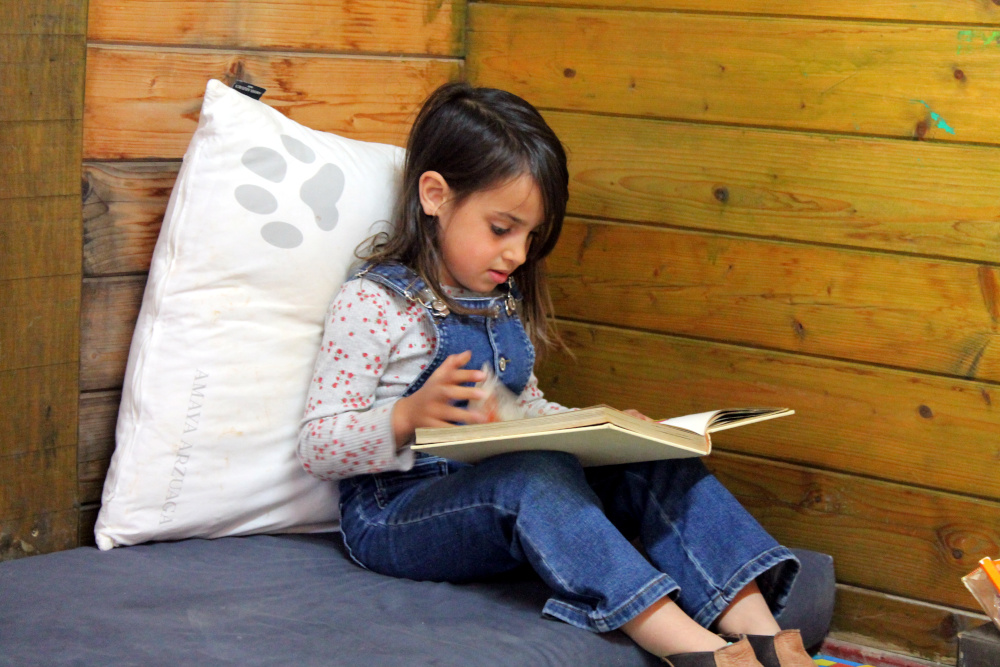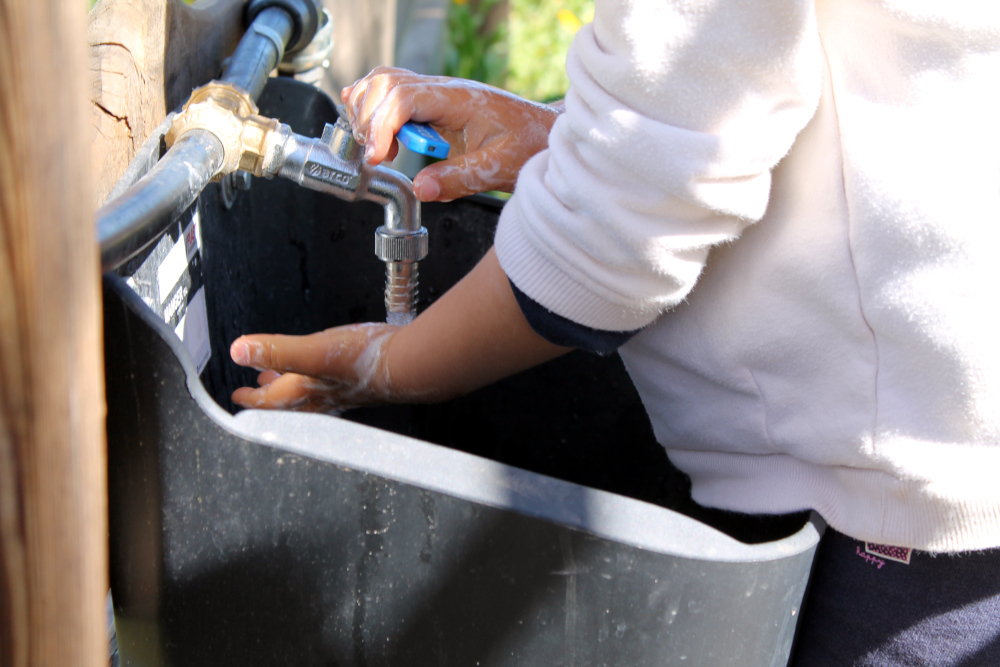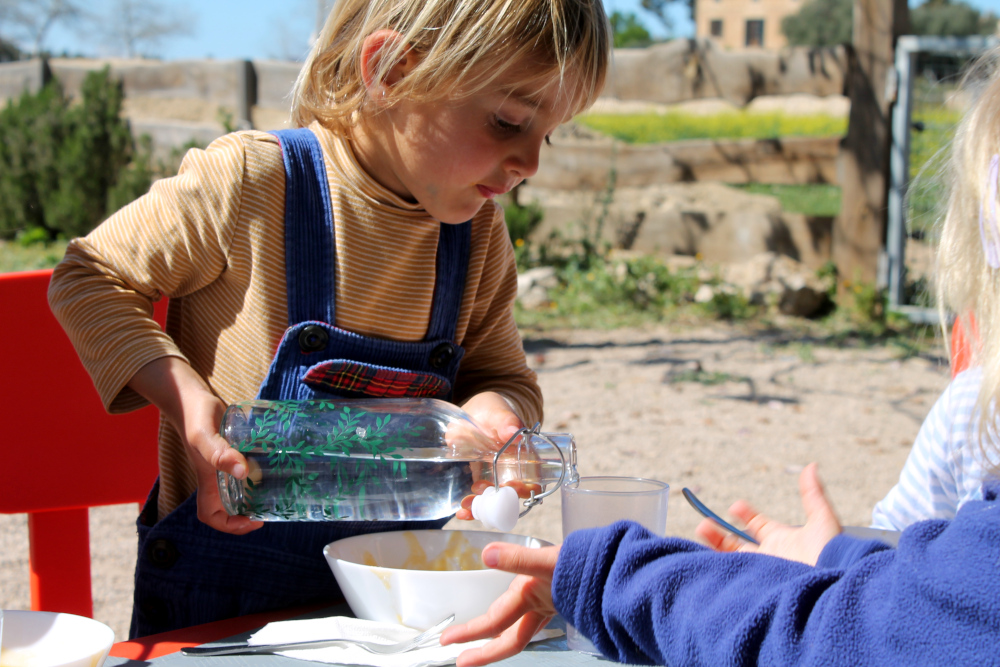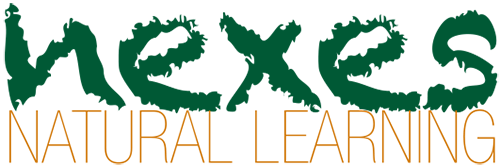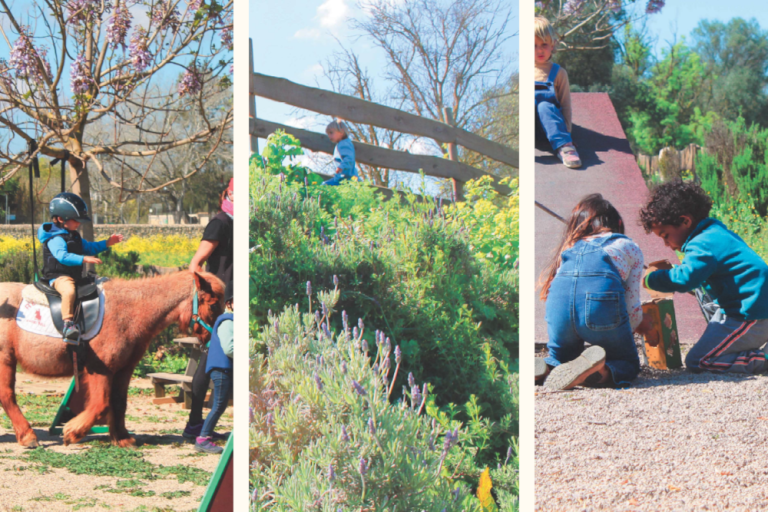I hear, and I forget; I see, and I remember; I do, and I understand.
Confucius
Integrated development: body, mind and emotion working together to strengthen learning
Aimed at 2nd cycle of infant education
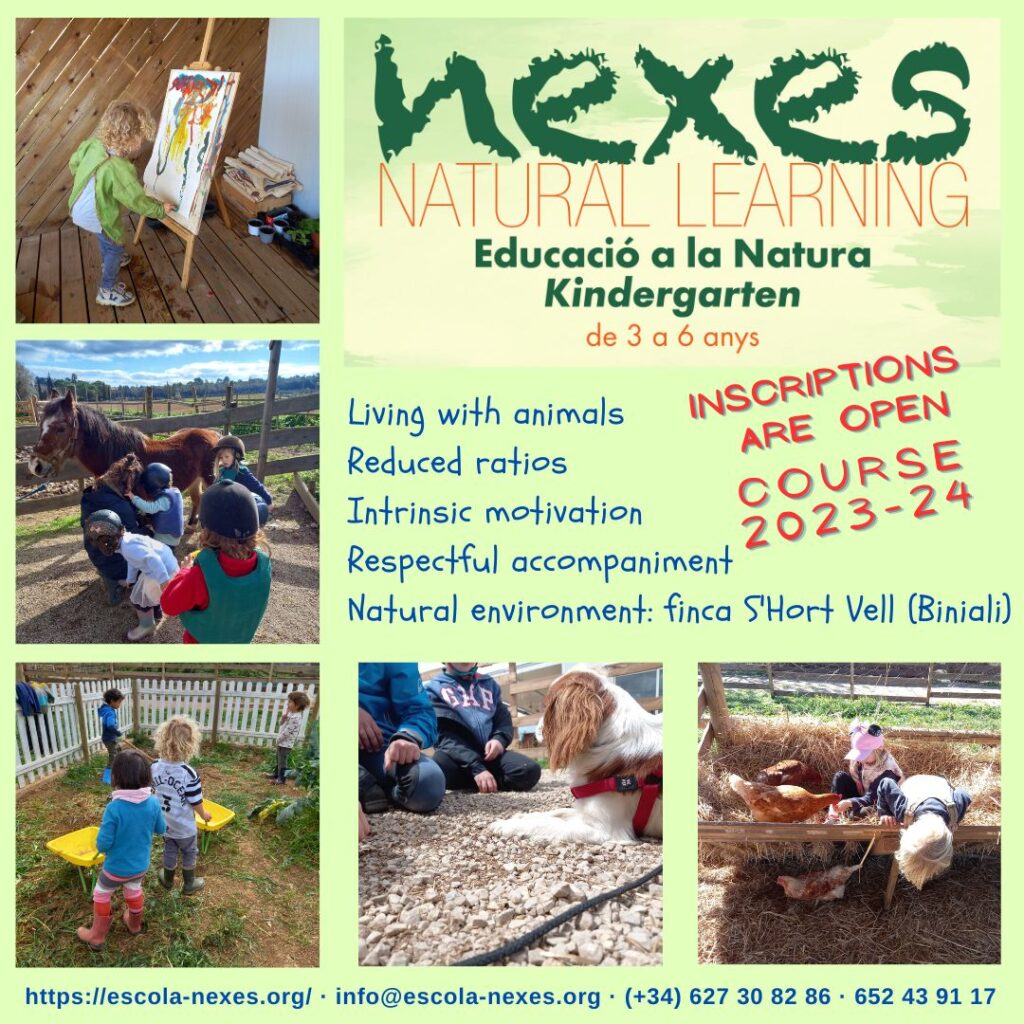
Nexes, Natural Learning
Learning amidst nature, bonding and caring for the animals, emotional awareness and accompaniment based on respect for the needs of the stage and the individual rhythms of each person are the cornerstones of the project.
Outdoor School in the middle of Nature
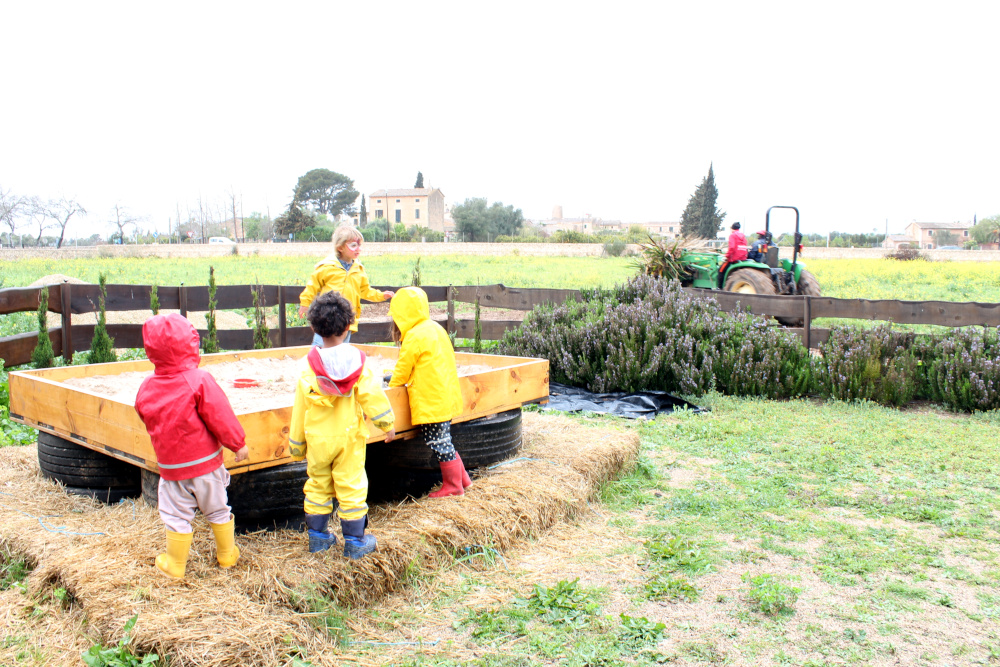
Nature offers us infinite possibilities, there are already many school projects that adhere to this methodology, and we can say from experience, that not only are the objectives and content at the curricular level achieved but learning at a competence level is always present.
The environment that we offer has an open space with different elements that encourage movement and exploration. This space, surrounded by wooden fencing, offers a confined and safe space in which to move freely. Outside this boundary, we also have areas for walking, investigating and exploring with the peace of mind of feeling accompanied and respecting the educational guidelines.
What happens if the weather is bad?
We have two covered porch structures in the reference area, as well as interior spaces designed so that different environments can be created in accordance with the pedagogical basis of the project. S’Hort Vell has covered infrastructures for multiple uses that can be used if necessary. Storms are exceptional on our island and although treacherous weather is rare, we are always aware of the forecasts and can offer alternatives in case of need.
Do not forget that “there is no such thing as bad weather, only inappropriate clothing”. This means good equipment and staying on the move. Suitable clothing does not mean special clothing, but simply comfortable clothing adapted to the weather and always “at hand”. Dressing in layers is practical and especially useful for life, as each person can self-regulate their own body according to thermal needs. This is a particularly important aspect in our project, as accompanying the development of the proprioceptive sense through self-regulation is one of the main bases of respectful education.
Intrinsic motivation
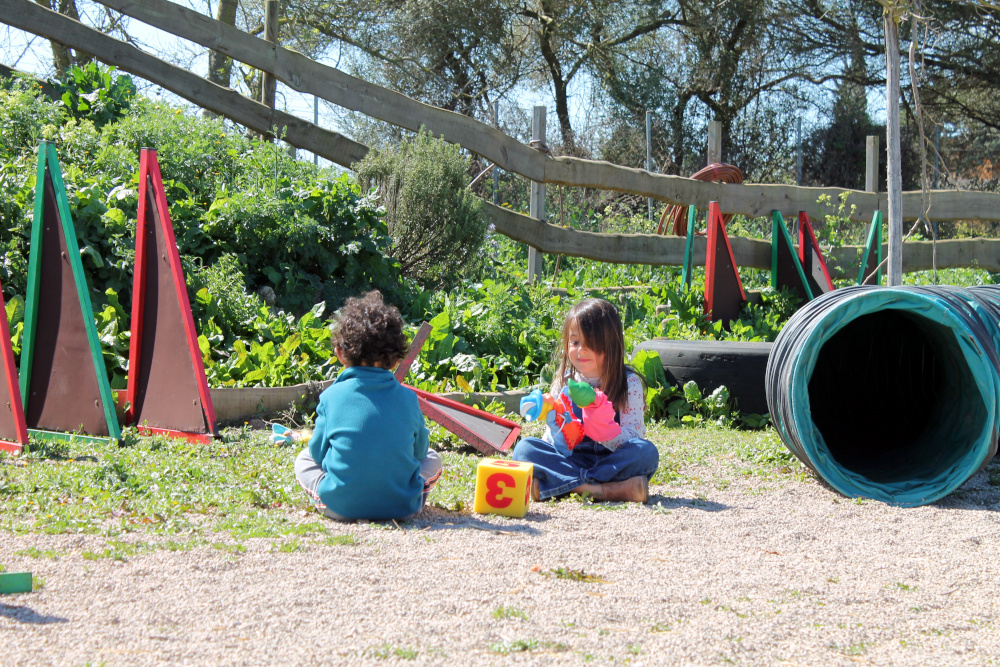
People are born with the capacity to learn and this impulse in early life gives us the basis for education. Human beings are instinctively curious to discover and understand the world around us. Nowadays, over-stimulation and a fast pace of life disconnect us from our inner selves at an increasingly younger age.
Learning in Nexes is linked to experience and the experience that comes from within a person; this impulse is called intrinsic motivation. By allowing children to explore at their own pace, guided by their needs and interests, we ensure that they associate new discoveries with positive experiences and emotions, helping to anchor learning and fostering their curiosity and investigative spirit.
Respectful accompaniment
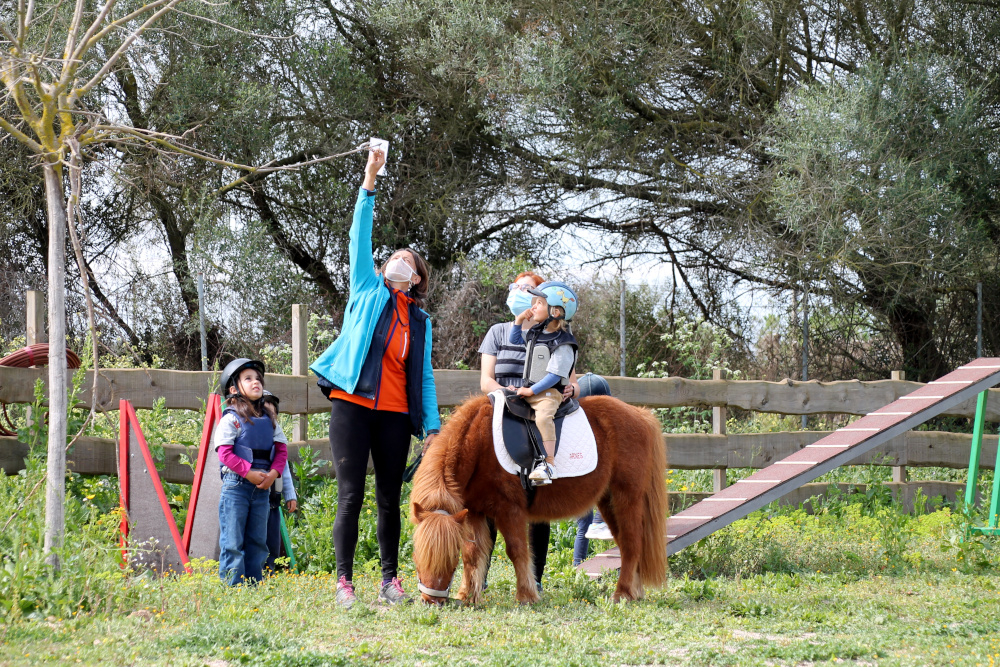
The presence of companions in childhood learning processes is a key element. With an attentive and caring outlook, putting emotions into words and trusting in the children’s potential, bonds are created. They give the children the necessary confidence to investigate the environment and establish relationships independently.
The accompanying adult must be able to grasp the subtle boundary between intervention and interference, taking advantage of the opportunities provided by day-to-day living. The presence of two professionals in the educational setting, always accompanying individual and group processes, helps to manage conflicts and to put words to the emotions that arise and provide a secure base to draw on and explore.
Observing the dynamics generated during free play and intra-group interactions helps and guides the intervention when necessary, generating as little interference as possible to promote the individuality of each child. At the same time, observation allows us to recognise their interests and maturational rhythms and to promote dynamics to work on the three main curricular areas.
Free play
We propose free play as a way of relating to the environment, a potential work tool, in a natural setting full of challenges and materials to discover. Free play encourages self-determination, expressing what the child wants and needs. By not always having a guide who plans every step the child takes gives the child the opportunity to make decisions, to be creative and proactive.
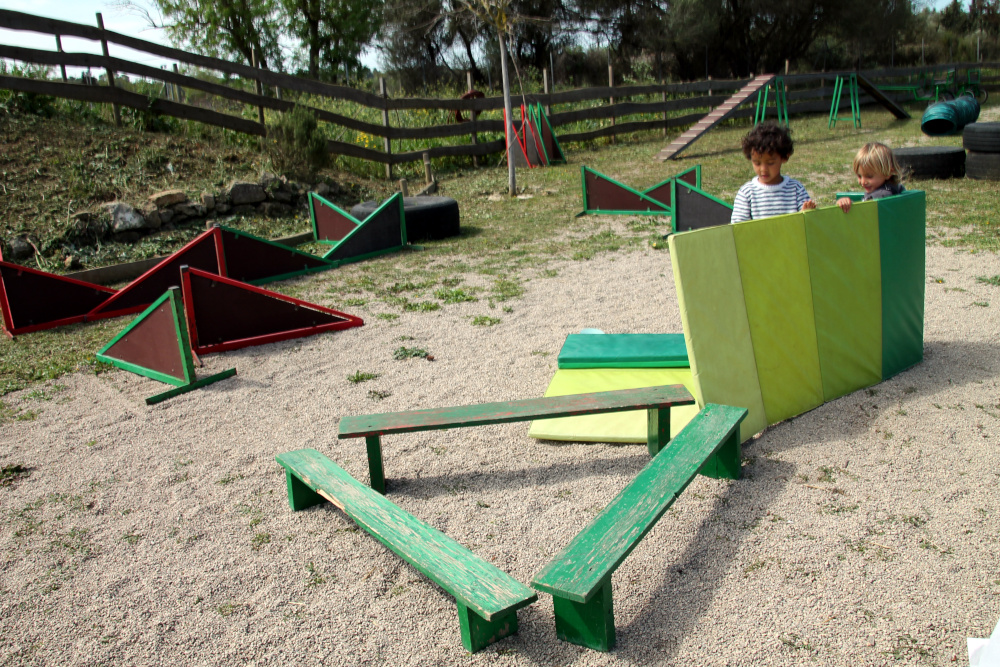
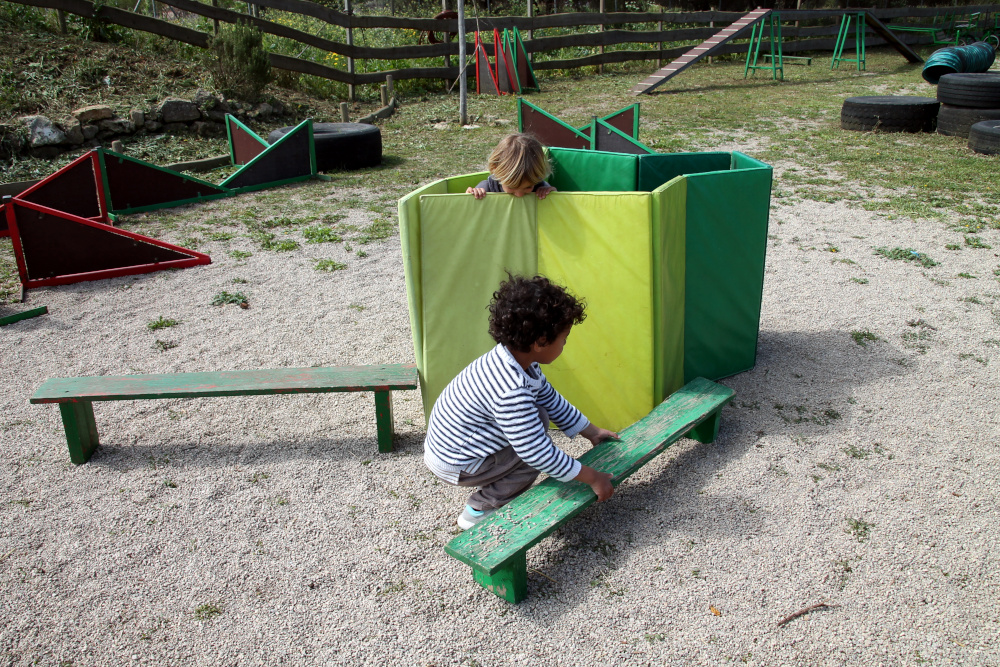
Everyone chooses how and with whom they want to play… and this sometimes leads to conflict with their peers. Little by little, they come out of their egocentrism to begin to see and respect points of view different from their own.
Living with animals
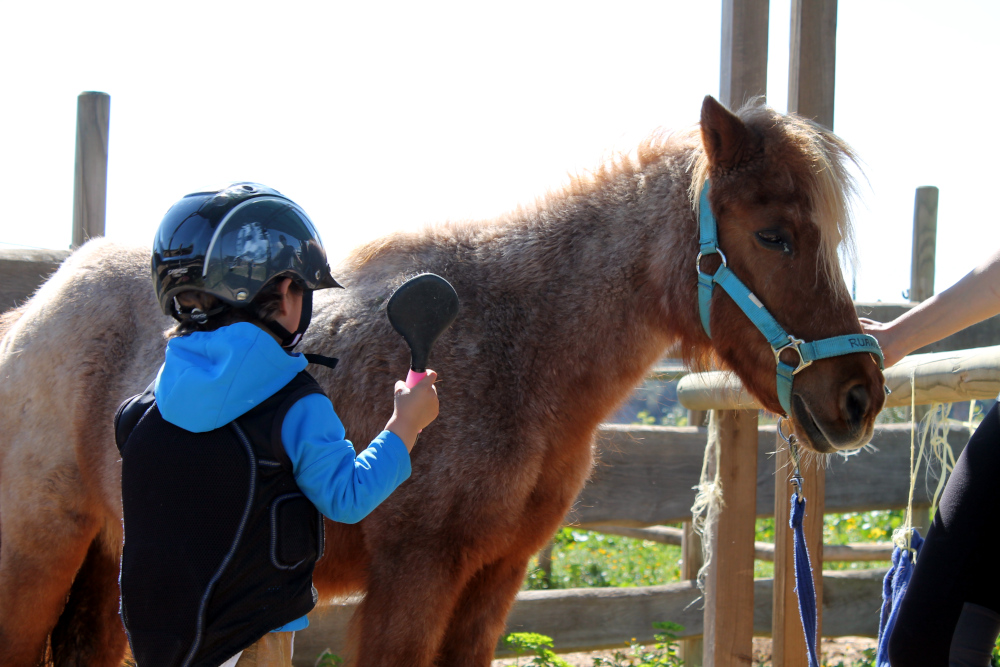
S’Hort Vell is a space inhabited by animals; horses, ponies and dogs are life companions in this environment, with each other and with humans. The animals are accustomed to working with people, supporting them both in teaching and therapy. The bonding and care of these animals, together with the natural environment, will develop a more holistic view in children. By getting to know their needs and the different forms of communication between people and animals, they will experience the different way of behaving between humans as well. The care of a simple hen house and the way the hens behave will make them see and experience their own behavioral pattern as if it were a mirror.
Contact with animals stimulates the creation of respectful bonds and promotes the development of self-esteem, empathy and group integration. Living with animals of other species, with their own needs and characteristics, requires learning about the appropriate and safe way of relating to them, which encourages children’s self-regulation.
Emotional awareness
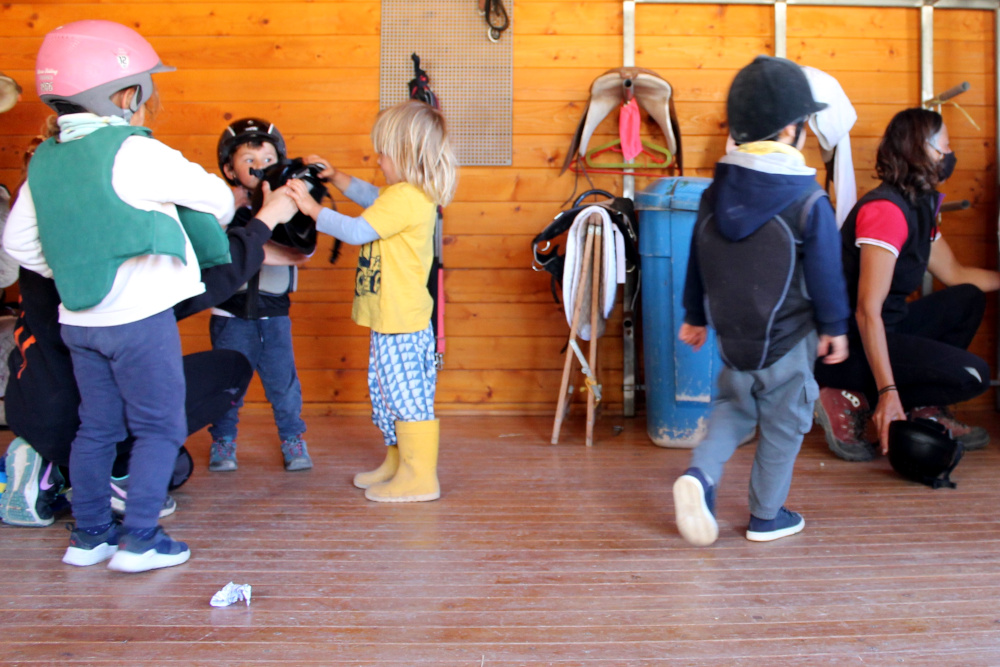
Childhood is potentially actively linked directly to emotion, so life experiences result in both pleasant and unpleasant experiences. At Nexes we do not recognise emotions as good or bad, positive or negative, but as indicators of a need. Having an experience that generates a pleasant or unpleasant emotion will give the opportunity to connect with oneself. In these moments, the presence of the companion who listens and accompanies, not instructs, is extremely valuable, creating the link that will give security and confidence.
The learning acquired in these moments is for life. The objective of the accompanying person is to allow him/her to experience the learning and thus be able to incorporate the knowledge acquired through the felt emotion indefinitely.
By helping children to put into words and give meaning to their feelings and emotions, whether pleasant or unpleasant, and without judging them, any emotion is permissible – although the way of expressing it at this age may need some guidance. The caregivers are responsible for setting limits in a firm but affectionate manner, as well as offering alternatives so that the child can express their feelings, guaranteeing respect for others and for themselves.
Healthy and sustainable food
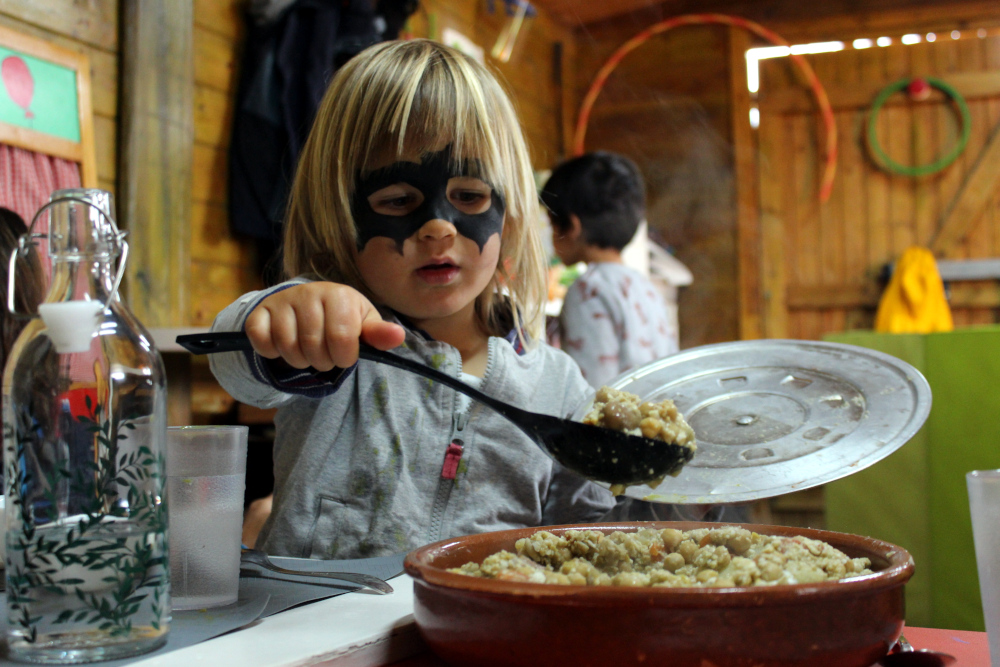
We offer a menu based on local or Km 0 products: cereals, organic vegetables, with no sugars or processed products. With a holistic approach, we consider food to be of vital importance and fundamental in children’s education. Children learn to manage independently and become aware that the planet is not an infinite resource. They value what they eat and see this moment as a space of time that offers multiple learning opportunities.
Reduced ratios
We carry out the activity in an educational partnership. To guarantee the quality of the programme and effective accompaniment, the maximum ratio is 10 children per professional.
Methodology
The team and the project draw from various sources, which is why we use methodologies from different schools/authors. Emmi Pikler, Montessori, Waldorf, Pestalozzi, Reggio Emilia (Malaguzzi) and forest schools, among others, are some of our references and the pillars that help us work in an eclectic way.
We currently have many educational experiences of active pedagogies that have been in place for years, decades and even centuries, which work successfully for the benefits they bring to integral human development, being a worldwide reference. Currently, these methodologies are explained and analyzed from science and have the recognition and support of many professionals and disciplines; science, neuroscience, psychology, education, philosophy, arts…
The bases of these methodologies are respect for children and confidence in their abilities, knowledge of the stages of development and respect for the maturational rhythms of each stage and child, based on experiential learning where children learn by doing and from experience.
Trying to teach a child something he or she can learn on his or her own is not just useless, it is also harmful.
Emmi Pikler
Photo gallery

